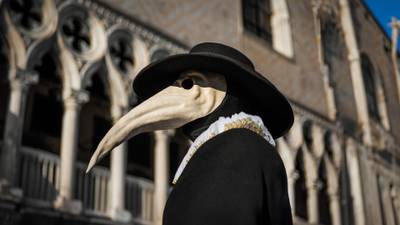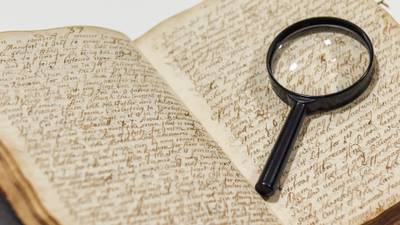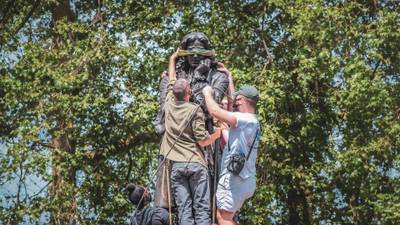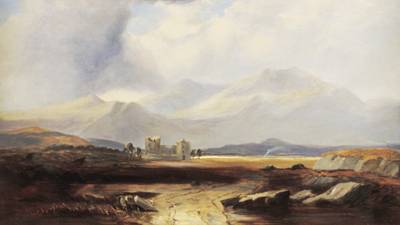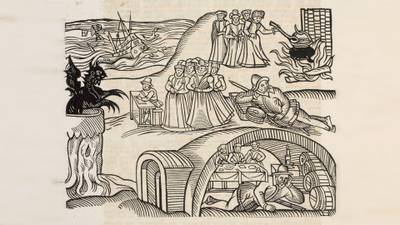Explore American history and identity through the memoirs of its people.
There is perhaps no more American a form of historical storytelling than memoir.
From Benjamin Franklin to Barack Obama, Henry Adams to Bob Dylan, American ‘greats’ have been preoccupied with narrating their selves in relation to their nation.
But how should memoirs be read as historical sources, and what are their specific features as literary texts?
In this Masters-level online short course, you’ll:
- learn about life-writing as a genre, and frameworks for analysing it
- strengthen your ability to think, discuss, and write about twentieth-century America
- investigate the meaning of Americanness, and the nature of American power, during ‘the American century’
- discover the histories of resistance that have reshaped the US and wider world during the twentieth century.
Interdisciplinary skills
This interdisciplinary course spans both history and literature. Through it, you’ll develop skills and understanding of methodologies used in both fields.
Who can join this online American history course?
This distance learning American history course is for graduates across the humanities and social sciences.
It’s valuable learning for anyone with interests in the history of the US, literature, and twentieth-century struggles over class, race, nation, and gender.

Build credits towards a Masters degree
This online history course is part of our:
You can use the credits you earn on this short course towards this MLitt qualification.
What you’ll study
This online American history course is structured around a range of memoirs. These will be the focus of your weekly assigned reading.
Through these memoirs, we’ll explore relationships between the construction of the individual self and the textual representation of the American body politic.
Diverse perspectives
You’ll examine broad political problems and macro-level social dynamics through the subjectivities and writings of people who were marginalised by dominant ideas of Americanness.
You’ll cover a wide range of texts that represent a diversity of perspectives on American life, including:
- Carlos Bulosan’s novelised autobiography, which exposed the realities of life under the American Empire
- African American writers drawing back the prison gates to discuss life behind bars, and
- Leslie Feinberg’s queer autofiction from the late twentieth century.
You’ll engage with these texts across a variety of themes and disciplines, bridging the personal and political, the historical and the literary.
Assessing the American Century
Throughout, we’ll examine the experience of the American Century in its complexity. We’ll discover a time of exhilarating progress and devastating reversal, exploring lives shaped by deep political commitments and profound moral ambiguities.
Defining Americanness
In the aftermath of #MeToo scandals and Black Lives Matter rebellions; amid polarised discussions of border policing and mass incarceration; and given ongoing culture wars about the very meaning of gender – the course situates all these conflicts in long-standing debates about who belongs in the American community, and what it means to be American.
Content advice
This course examines the darkest sides of American democracy and the resistance which has been necessary to survive it. As such, some of the content may be distressing. This will include material relating to: sexual violence, abuse, hate speech (such as racism, homophobia and sexism), and violence against animals.
This content advice is here to prepare you for the discussion of these topics. The classroom will be made a space to engage sensitively with this content in an academic context. Confidential and impartial support is also available from the Student Advice and Support Office.
By the end of this course, you’ll be able to...
-
Discuss how memoirs operate as historical sources and literary texts.
-
Think critically about the meaning of Americanness – and national belonging more broadly – in the modern world.
-
Analyse the historiographic and critical debates raised by the primary texts.
-
Engage with ongoing debates about the nature and structure of American power as it pertains to colonised, racialised, and other minoritised subjects.
-
Evaluate the extent to which the modern world has been shaped by processes of resistance.
-
Carry out sensitive and informed conversations about topics including race, gender, sexuality, class, and empire.
-
Evaluate how individual identity is tied to (sometimes problematic) collective concerns.
Choose the University of Aberdeen for online American history courses
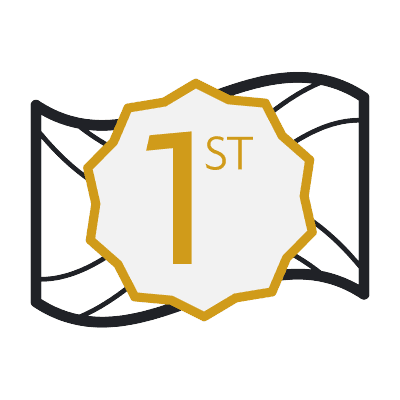
1st in Scotland for History
Our History Department is rated 1st in Scotland and 8th in the UK for teaching satisfaction in the Guardian University Guide 2024.
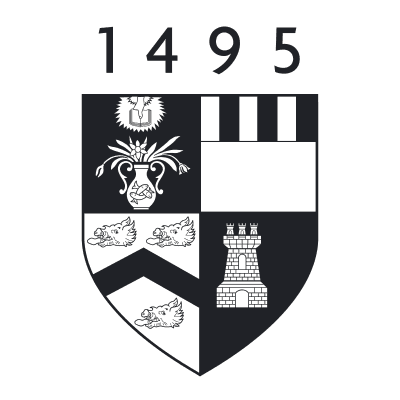
Over 525 years of excellence
Study with the fifth-oldest university in the English-speaking world, founded in 1495.
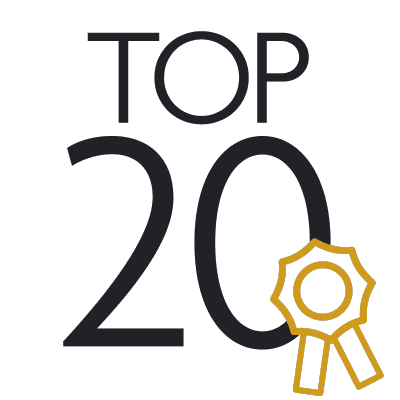
Top 20 in the UK for History
We’re rated top 20 in the UK for History in The Times and Sunday Times Good University Guide 2024.
How you’ll study
Online learning
This distance learning history course is delivered flexibly, 100% online.
You can learn with us anywhere, no student visa required, and manage your study hours to suit you.
Your teaching
This course is taught at Masters level.
Teaching is delivered through MyAberdeen, our online Virtual Learning Environment (VLE). It holds all the materials, tools and support you’ll need in your studies. Take a look around MyAberdeen.
You can access your learning materials on computer, smartphone and laptop, 24 hours a day. You’ll find a range of online resources available, including:
- videos
- slide shows
- reading materials
- discussion boards with your tutors and peers
- online access to our award-winning Sir Duncan Rice Library.
Your tutors
This course is delivered by the Department of History within our School of Divinity, History, Philosophy, and Art History.
You’ll learn from Dr Owen Walsh, an internationally leading expert in US cultural history.
This course is assessed online.
You’ll be assessed throughout your course via two pieces of written coursework.
This course totals approximately 300 hours of study and assessment time.
That’s around 15 – 20 hours per week in regular topic work and independent study, with more time required around assessments.
This is an indicative guide to the time required for a typical student at this level to achieve the learning outcomes. This includes time for independent study, as well as teaching and assessments.
You can largely set your own study hours to cover the materials. MyAberdeen is available 24/7, so you can log in and study when it suits you.
Activities at fixed times
There may be some activities scheduled at fixed times, such as online meetings with your tutor or assessments with deadlines. But otherwise, you can access and work through the course at your convenience.
Our first-class support structure will ensure that you aren’t alone in your studies. You’ll have contact with your coordinator via email, MyAberdeen and Microsoft Teams. You can use social media and discussion boards to chat with your fellow students too.
We provide a wide range of services to support you in your studies and beyond:
- Careers and Employability Service
- Disability support
- IT support
- Library support
- Student Support Service – help with finances, stress, wellbeing and non-academic issues
- Student Learning Service – study support, with advice sessions available via phone or Skype
- Aberdeen University Students’ Association (AUSA) – run by students for students
- Toolkit – clever apps and free training that can make your study life easier
Wherever you are in the world, you’ll feel part of our very special Aberdeen learning community.
Your course coordinator

Dr Owen Walsh
Owen is a Lecturer in Modern History at the University of Aberdeen. His current book project, Frontiers of Black Freedom, focuses on the cultural history of African American anti-racist alliance-making in the interwar period. Owen has also published on the history of Black radical political thought.
View Owen’s profileWhere this will take you
Towards a Masters
You’ll earn 15 credits at Masters level (SCQF Level 11) with this distance-learning history course. You can use these credits towards our:

On-campus Masters in Modern History (180 credits)
Join us on campus for a flexible MLitt in Modern History that’s tailored to suit you. Choose your area of interest and work closely with scholars who share your interests.
View MLitt Modern HistoryFurther learning opportunities
This course provides valuable grounding in methodologies that are integral to history and literature.
It will provide a helpful introduction to interdisciplinary fields, including:
- American Studies, and
- Black Studies.
The course could also lead you to opportunities for further postgraduate study at PhD level.
Careers
In this course, you’ll develop skills that are particularly sought after in roles within:
- academia
- the heritage sector
- teaching, and
- publishing.
Continuing professional development (CPD)
Your employer or professional institute may recognise this course for CPD hours. Talk to your employer or institute to find out more.

Free career support
Access our free careers service while you study.
- 1:1 appointments
- CV checks
- Interview prep
- Job opportunities
Choose the University of Aberdeen for distance learning history courses
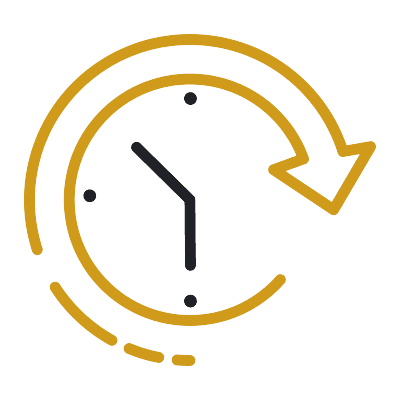
Flexible
Flexible hours and 24/7 access, so you can study when it suits you.

You’re in expert hands
We’ve been delivering online and distance learning for decades.
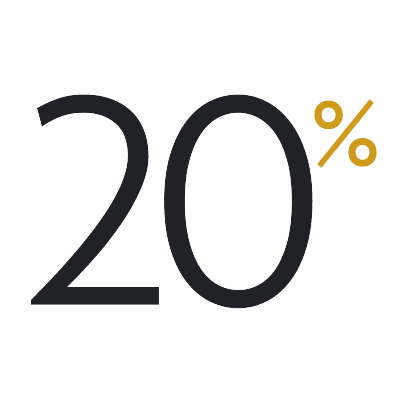
20% alumni discount
University of Aberdeen alumni get 20% off this online course.
Entry requirements
Entry requirements
We welcome students from all over the world.
This course has no formal entry requirements. You do not need to provide proof of your qualifications.
But you do need to check the entry guidance above to understand the level of teaching delivered, to decide if this course is right for you.
If you do not have qualifications from the UK, check the equivalent teaching level for your country.
Visa requirements
You do not need a student visa to study online with us.
English language requirements
Teaching is delivered in English.
You do not have to provide proof of your English language skills to join this course. But we want to make sure that you can use English well enough to study successfully.
Recommended level of English
This course uses our Postgraduate Higher level of English language proficiency.
These are our Postgraduate Higher requirements, and these are minimum scores.
IELTS Academic, IELTS UKVI Academic, and IELTS Online (not IELTS Indicator or IELTS General Training)
- 6.5 overall
- 5.5 for listening and speaking
- 6.0 for reading and writing
TOEFL iBT and TOEFL iBT Home Edition
- 90 overall
- 17 for listening
- 21 for reading
- 20 for speaking
- 21 for writing
- TOEFL DI code is 0818
Cambridge English: B2 First, C1 Advanced, or C2 Proficiency
- 176 overall
- 162 for listening and speaking
- 169 for reading and writing
LanguageCert Academic/LanguageCert Academic SELT
- 70 overall
- 60 for listening and speaking
- 65 for reading and writing
LanguageCert International ESOL B2 Communicator (Written and Spoken) – Online / In-centre
- Overall High Pass
- 33 for listening, reading and speaking
- 38 for writing
Oxford ELLT Digital – English Language Level Test Online
- 7.0 overall
- 5.0 for listening and speaking
- 6.0 for reading and writing
PTE Academic (online test not accepted)
- 62 overall
- 59 for listening, reading, speaking and writing
Duolingo – tests taken from 1 July 2024 onward
- 120 overall
- 95 for listening and speaking
- 105 for reading and writing
University of Aberdeen English Pre-sessional Programme (PSE)
- Pass
- Valid for one year. Refresher can be offered if out of date
Pre-sessional academic English preparation programmes undertaken at other UK universities
- Pass at an equivalent of 6.5 (C1)
- B2 in all four skills
- Certification must be within one year prior to the start of your course
For more information about language qualifications see our English Language Requirements page.
You will need access to:
A computer (PC, laptop or Mac) operating on either:
- Windows 10 or later
- macOS 10.15 (Catalina) or later.
Most teaching materials are smartphone- and tablet-friendly. But we recommend a proper laptop or desktop for completing assignments comfortably.
Reliable internet access
We recommend:
- a wired connection
- a minimum download speed of 2 Mbps so you can take part fully in live sessions.
Speakers or headphones
- We recommend a headset with built-in microphone and earphones if you’re likely to study in an environment with background noise.
- A webcam is optional, but you may like to use one for some interactive sessions.
Software
We’ll give you access to Office365 applications. This means you can use online versions of Microsoft Word, Excel, and PowerPoint and install these programs on up to five personal devices.
If your course requires specialist software, we’ll provide you with access to this and a licence that lasts throughout your studies.
See our detailed IT requirements for more information.
When you study with us, you can expect a first-class support structure so that you’re never alone in your studies.
But learning online does mean you have to motivate yourself and manage your own time.
Your most important commitment will be time – the time to work through, reflect on and understand your teaching materials.
Before you start a course that involves a high degree of independent study, we recommend looking at the time you will be able to devote to your studies each week:
- Be realistic
- Create a weekly schedule as a guide
If you have any questions about studying online, get in touch with our friendly team. We’re here to help.
Fee payment
Your course fee needs to be paid in full before you start your course.
We accept payment via Visa Debit, Visa Credit and Mastercard.
Ways to save
You may be able to get help funding this course via:
- discounts – if any discounts are available for this course, they’ll appear in the section below
- employer sponsorship – we accept full and partial fee payments from sponsors.
Find out more about funding options.
Student card
All our students are entitled to a University of Aberdeen student card. This gives you access to a range of student discounts around the city and online.
Learning resources
Access to all the books and resources you need are included in your tuition fee. They’ll be made available to you online and you do not have to buy your own copies.
Printing
You may wish to set aside a small budget for printing, depending on how you like to work.
This course has no formal entry requirements. You decide if it’s suitable for you.
The course is delivered at Masters level. At this level, you’d usually have at least
- a 2:2 UK honours degree (or equivalent), or
- relevant experience that supports this level of study.
Apply for this course








